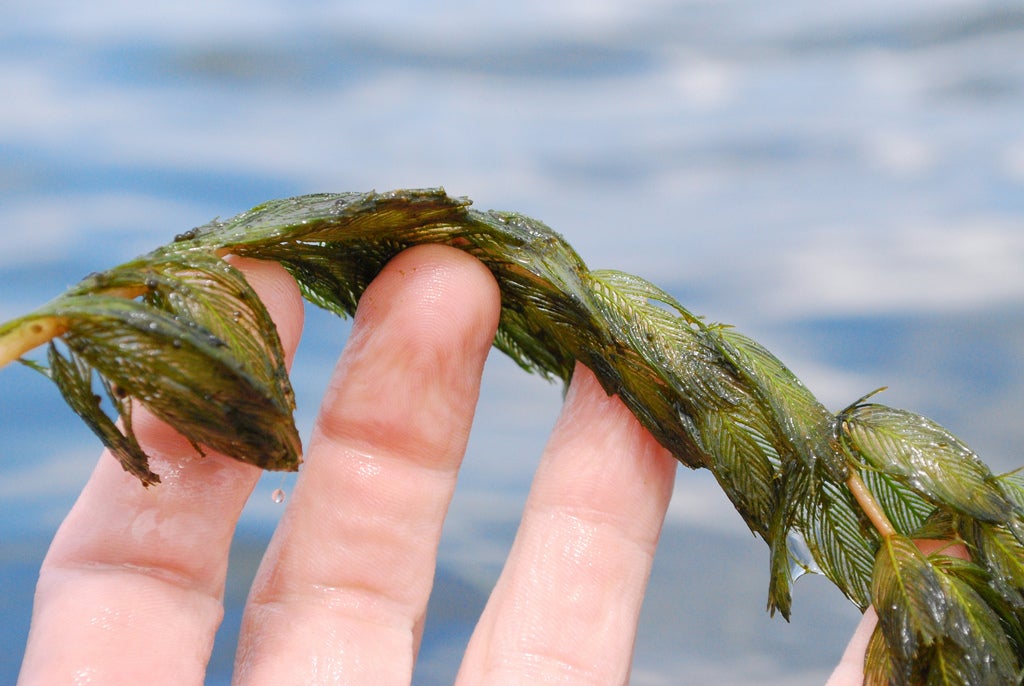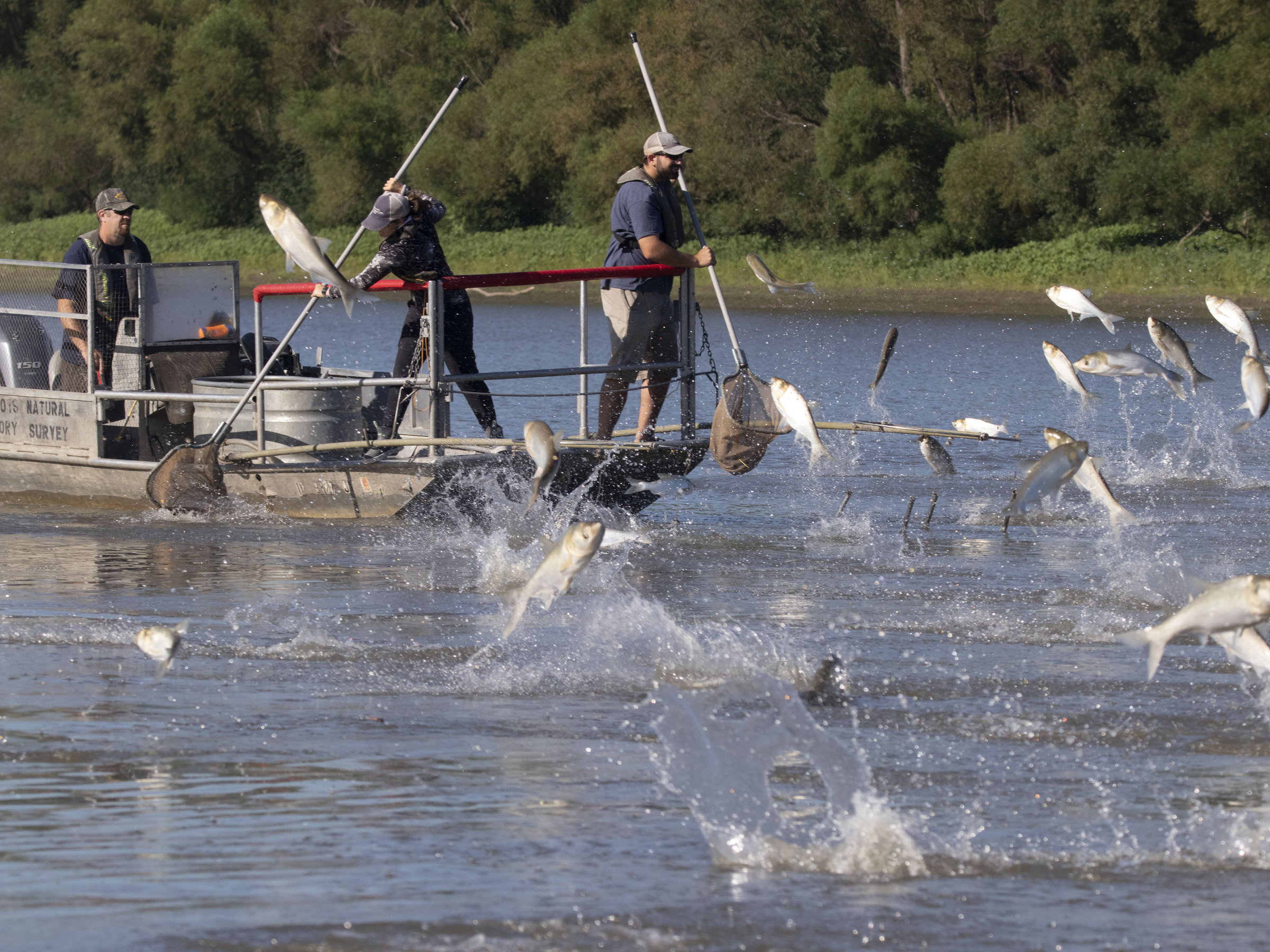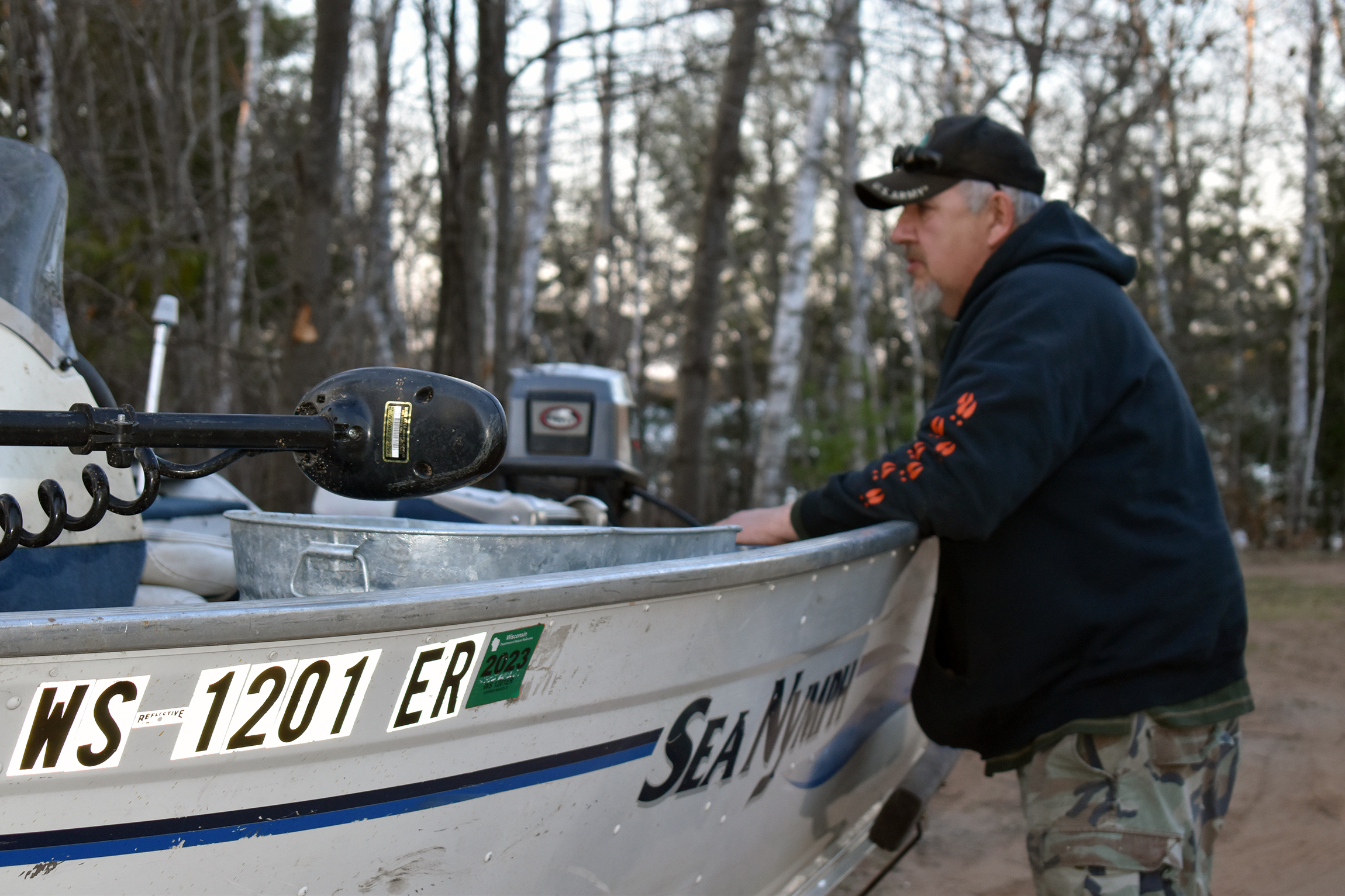Researchers at UW-Madison say we drastically underestimate the cost of invasive species, sometimes to the tune of millions of dollars. Our guest explains the true cost of having invasive species in Wisconsin’s lakes. We also talk about how teachers can bridge culture gaps in diverse communities, and we talk to a reporter about the role Governor Walker is playing in next week’s statewide races.
Featured in this Show
-
Governor Walker's Influence On Statewide Elections Next Week
Wisconsin is gearing up for statewide elections next week, in addition to the presidential primary. Governor Scott Walker isn’t on the ballot…but you might not realize it, watching campaign ads for the Milwaukee County Executive, Milwaukee mayor, and state Supreme Court races. We talk to a reporter about the role Governor Walker is playing in these elections.
-
Advice For White Teachers In Diverse Communities
In Milwaukee and many other urban communities, many classes have white teachers teaching mostly African-American students. A teaching expert shares advice on how to bridge the cultural gap and get the best outcomes at school.
-
Spiny Waterflea Invades State's Inland Lakes And Comes With A High Cost
A recent study conducted by researchers at the University of Wisconsin-Madison found that the economic and ecological impact of invasive species in the state’s inland lakes has been greatly underestimated.
The report unearths a new understanding of the dangers posed by spiny waterflea, an invasive zooplankton-type water organism that preys on Daphnia, a group of small planktonic crustaceans that feast on algae and ultimately helps keep lakes clear.
Jake Walsh, a doctoral candidate at the school’s Center for Limnology and lead author of the report, said spiny waterflea was likely first brought to the Great Lakes through barges traveling by way of the St. Lawrence Seaway, and then made it to inland lakes through recreational boating.
Walsh and his team studied spiny waterfleas’ presence in Lake Mendota in Madison, one of the most studied bodies of water in the country thanks in large part to its proximity to the university. While researchers detected the invasive species years ago, they’re only now understanding its impact on clogging the lake with algae, a characteristic that Madisonians know remains for the majority of the summer.
What makes matters worse, said Walsh, is that there’s no way to eradicate spiny waterflea from the lake, and algae blooms have been more prominent thanks to increased phosphorus loads, typically a symptom of the agriculture industry.
“Daphnia’s been the best thing we’ve had going for us in the fight against pollution in Lake Mendota,” said Walsh. “And spiny waterflea effectively ripped off that band aid. So now the only way we can control water clarity in the lake anymore is by reducing the phosphorus load.”
But that kind of large-scale ecosystem management comes with a hefty price tag, said Walsh.
“We found that a project of that magnitude would cost anywhere from $80 million to $160 million. So we’re talking about really challenging things brought on by an invasive species,” he said.
Walsh hopes his research will help shed a light on the problem and help mitigate the invasive species from spreading in other inland lakes, something he thinks is on the horizon if land managers don’t significantly intervene.
With the larger algae blooms that flourish under spiny waterfleas’ presense, people can expect to be disappointed with the aesthetic beauty of their lakes and have an impact on recreational activity, much of which contributes to the state’s tourism economy.
Episode Credits
- Rob Ferrett Host
- Judith Siers-Poisson Host
- Amanda Magnus Producer
- Rob Ferrett Producer
- Karl Christenson Producer
- Mary Spicuzza Guest
- Christopher Emdin Guest
- Jake Walsh Guest
Wisconsin Public Radio, © Copyright 2025, Board of Regents of the University of Wisconsin System and Wisconsin Educational Communications Board.




